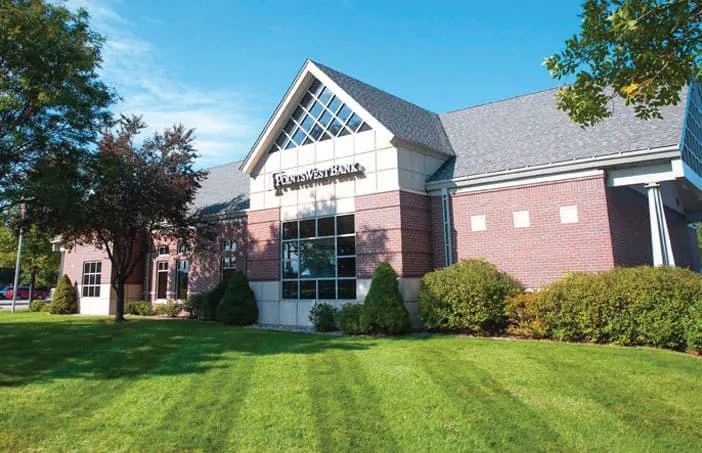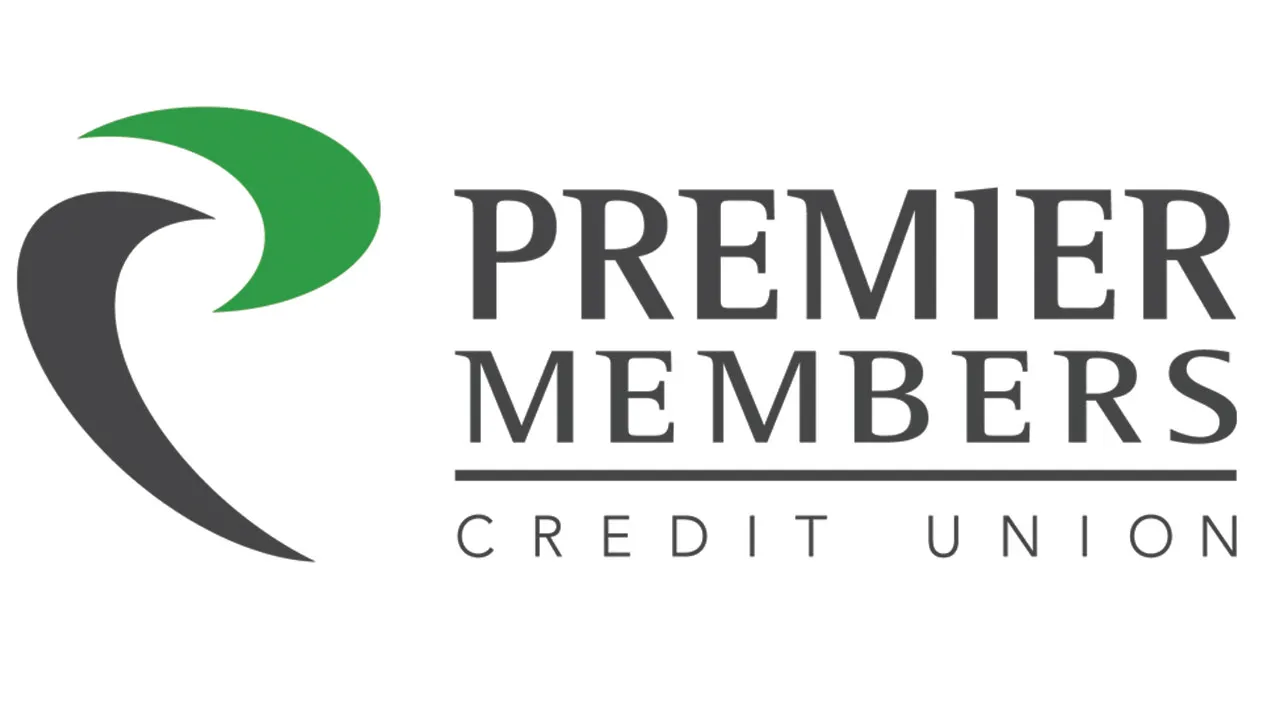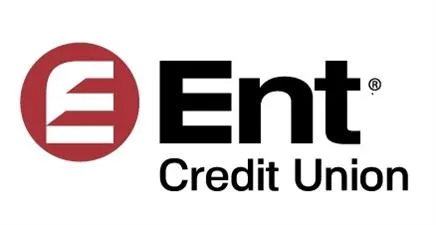Customers drive merger of charters

Points West Community Bank is merging its Nebraska and Wyoming charters into its Colorado banking charter as of January 2020. The Windsor-based bank got its start in the early 1900s in Nebraska and bought its first bank in Julesburg in 1997. Since that time, Points West Community Bank has expanded to 23 locations in three states, including nine locations in Colorado.
It used to be fairly difficult to merge charters. Banks had to have charters for every state they operated in. That rule changed in the 1990s. According to the Federal Deposit Insurance Corp., 42 states…
THIS ARTICLE IS FOR SUBSCRIBERS ONLY
Continue reading for less than $3 per week!
Get a month of award-winning local business news, trends and insights
Access award-winning content today!




